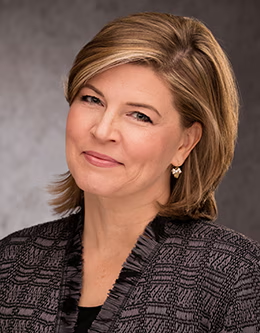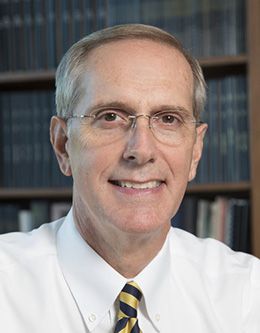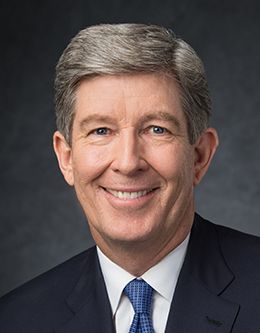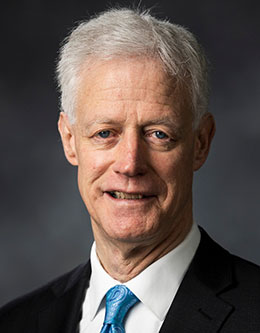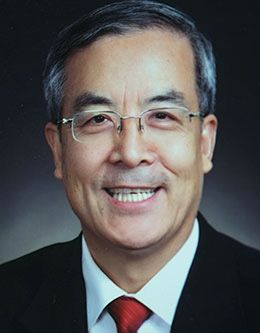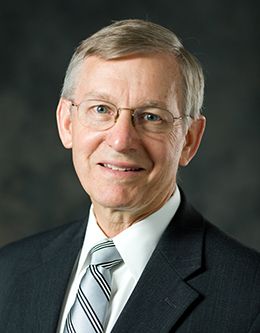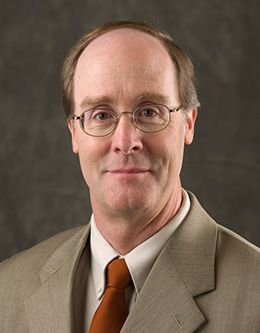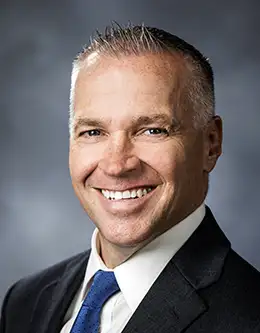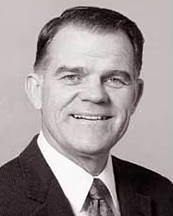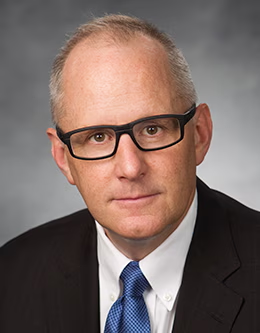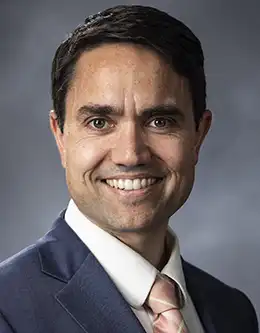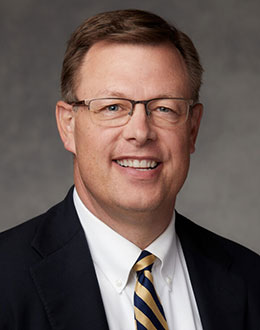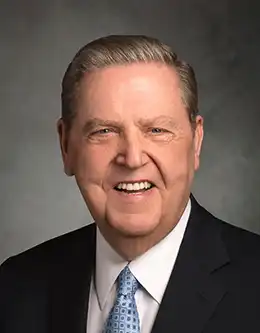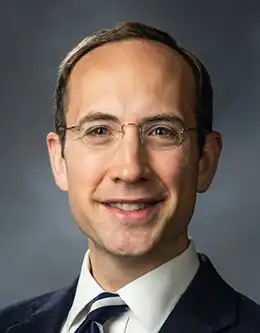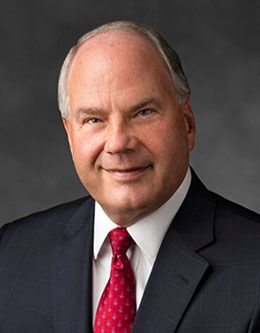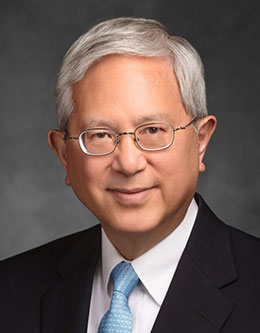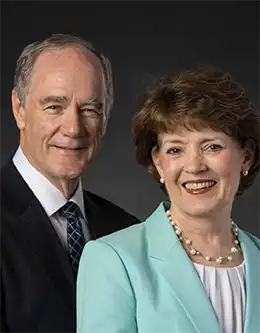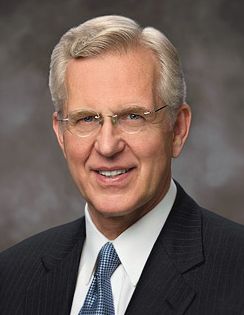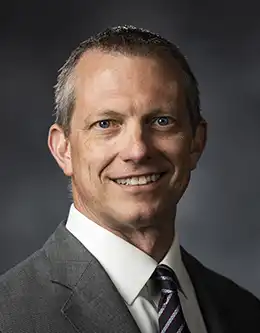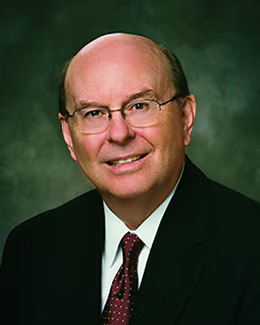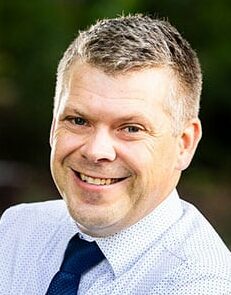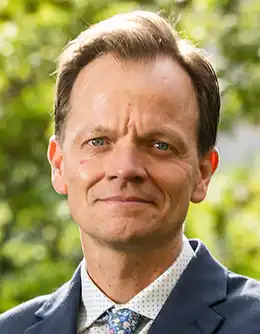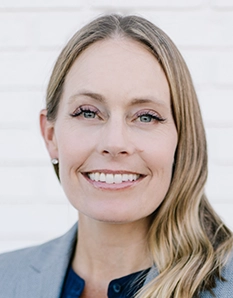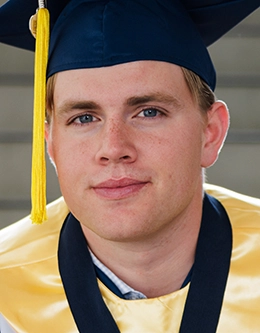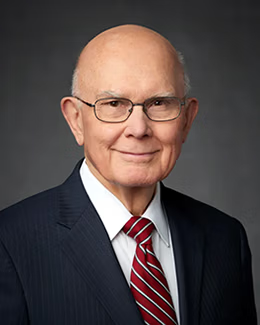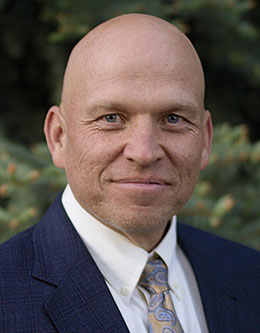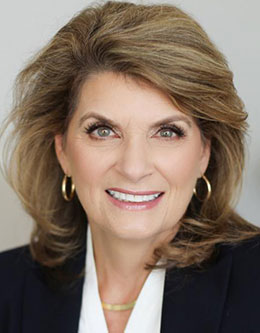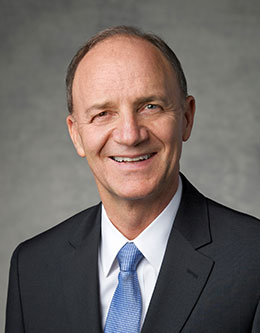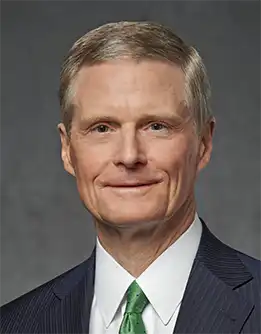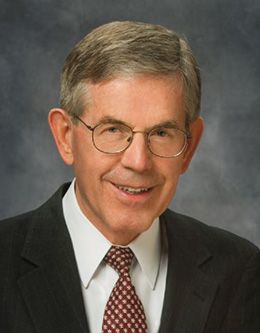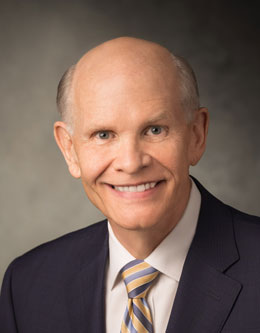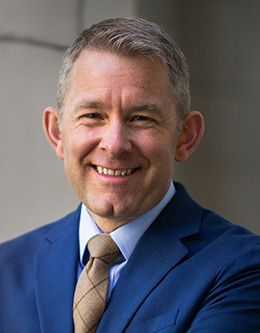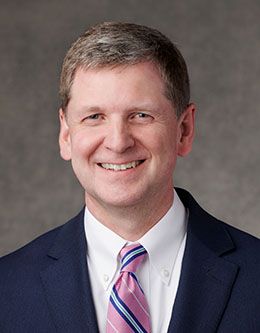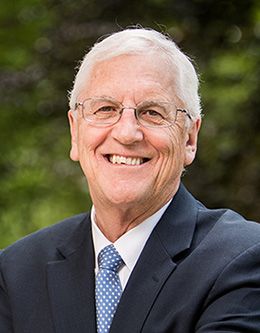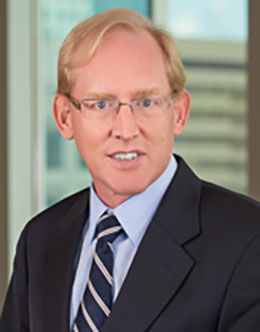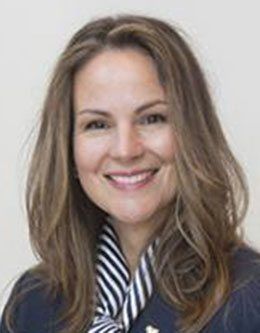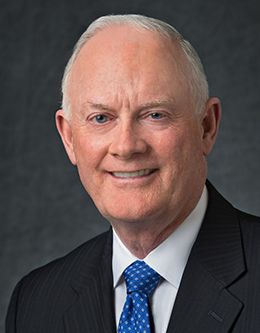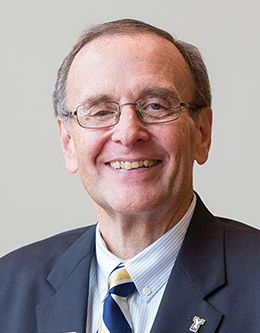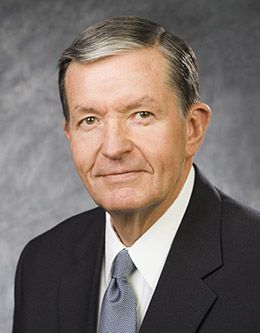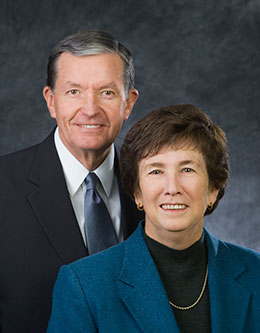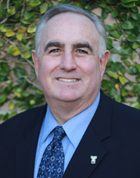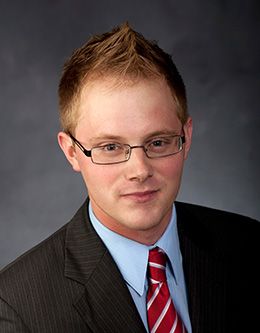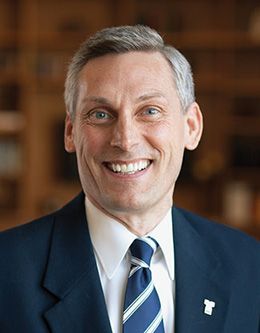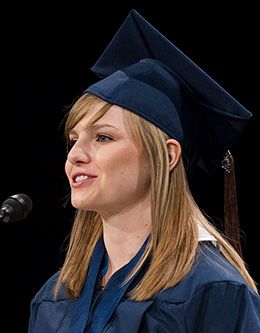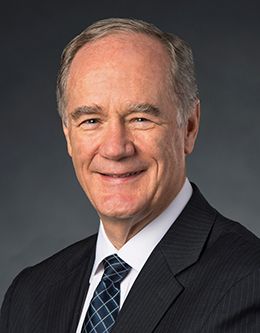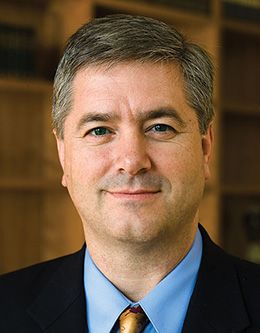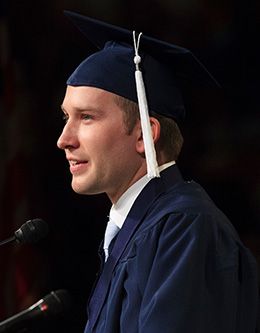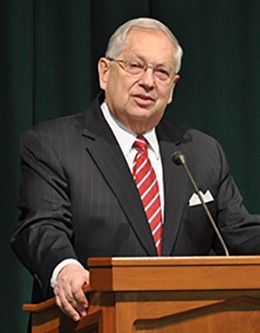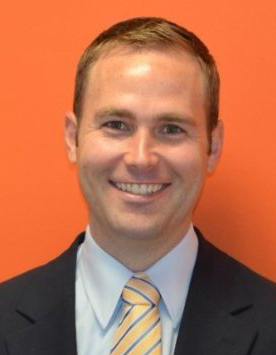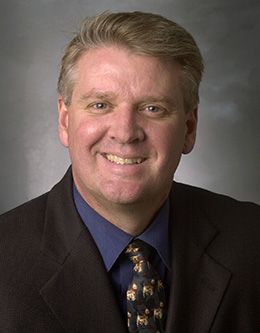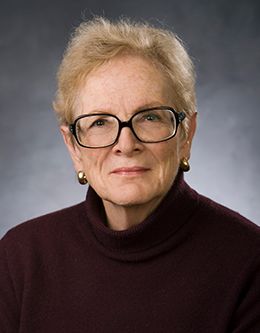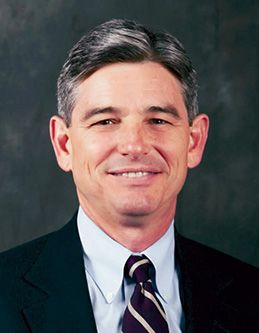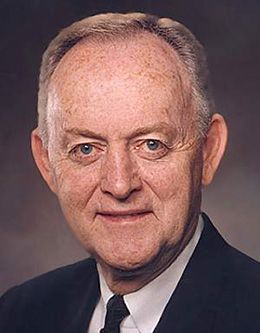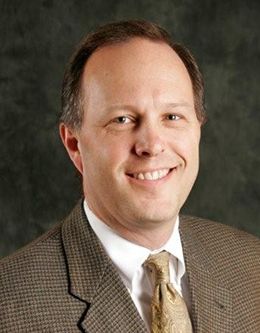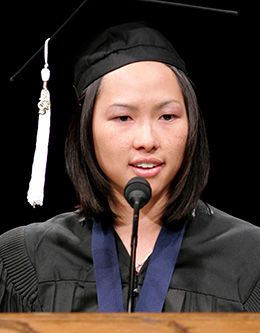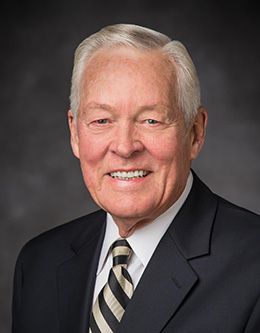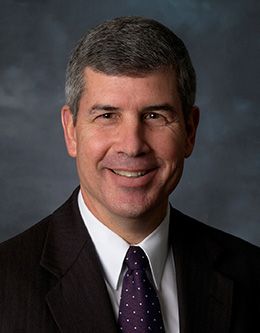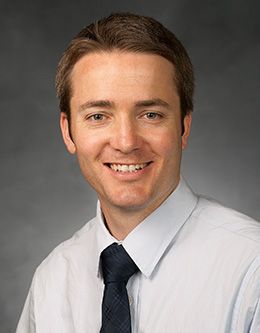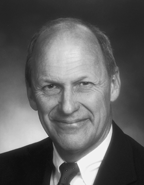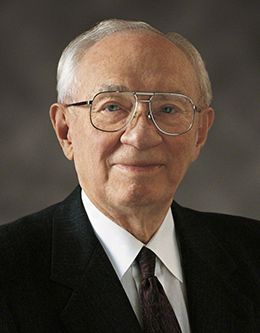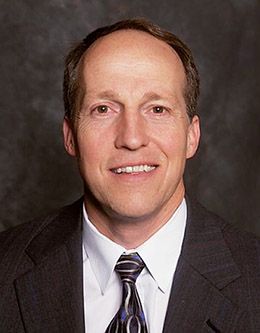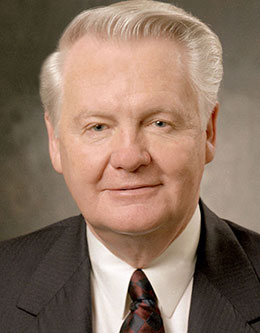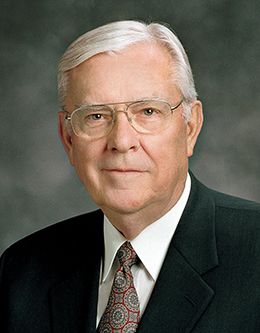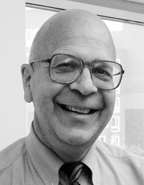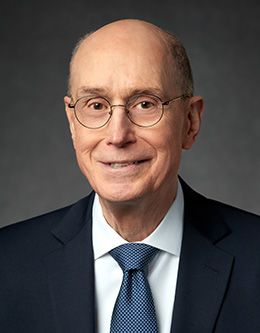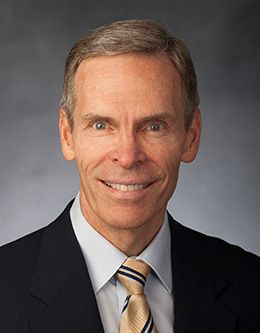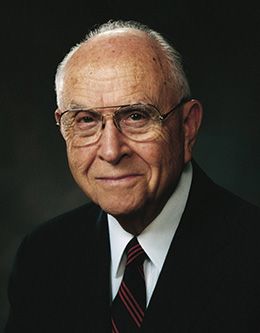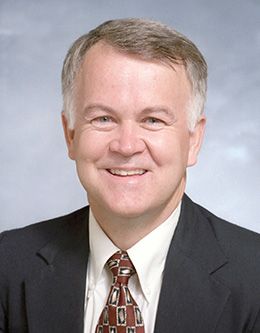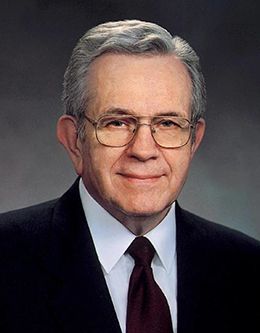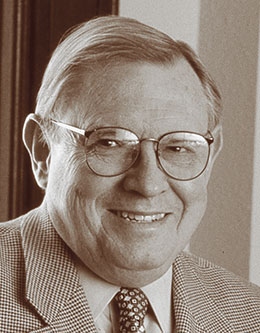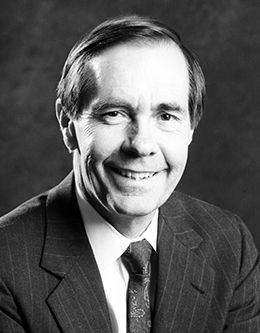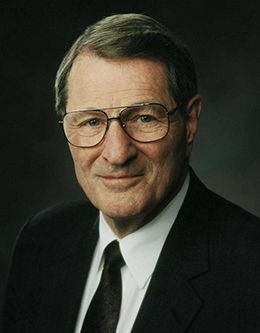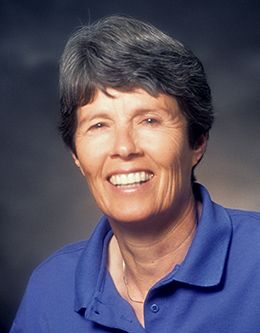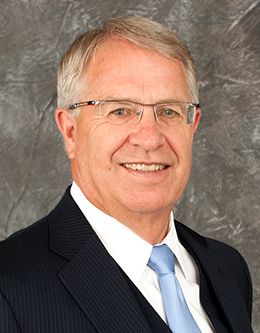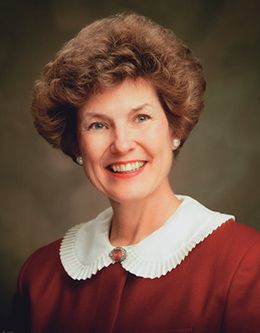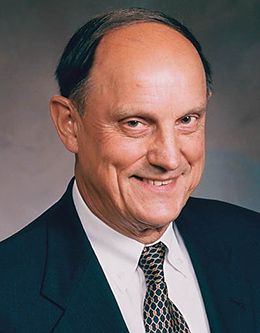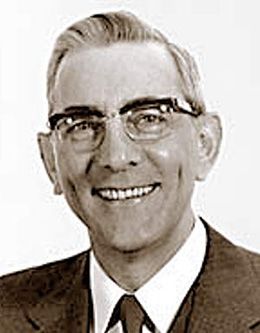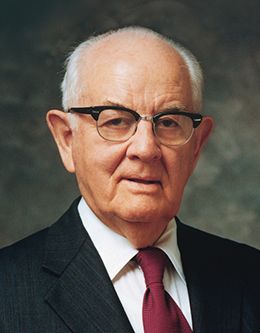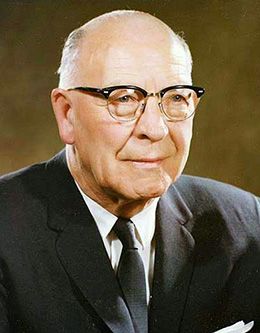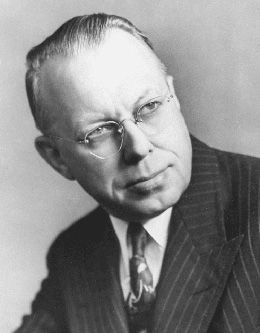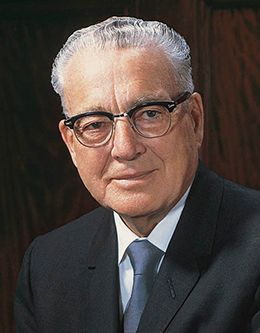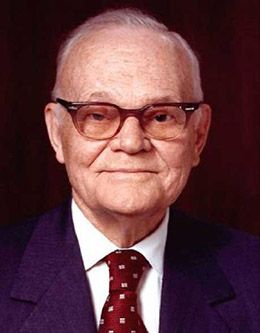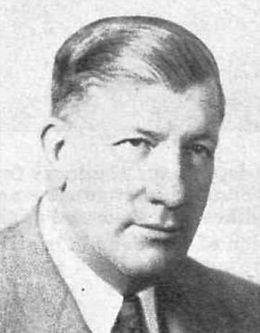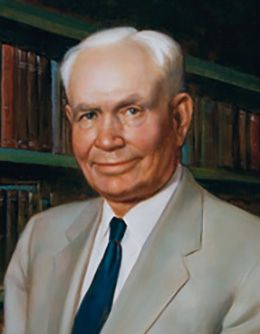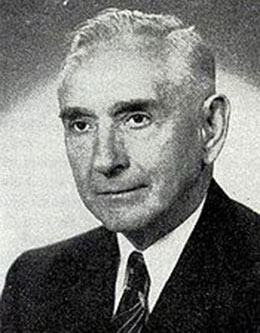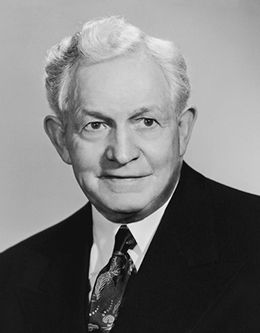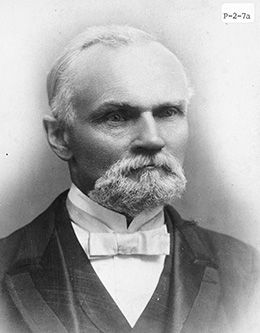
A Sense of Prophetic Urgency
Some Thoughts About the University
Guided by Faith and Love
Pathway to Hope: BYU–Pathway Worldwide in Africa
Joseph’s School
Making Every Effort: Patience, Professionalism, and Spirituality
Being Deliberate in the Second Half of the Second Century of Brigham Young University
The First One Thousand Days
Imparting Our Double Heritage to Students
A Bonfire of Faith
You Will Still Be a Part of BYU
A Prophetically Directed University
Building Positive Momentum
“Believe in Him to Come”
Becoming the Sine Qua Non
Becoming Our Best BYU Self
Developing Eyes to See
Fulfilling the Dream
Installation and Charge
Becoming BYU: An Inaugural Response
No Coincidences
Summiting BYU’s Everest
“Quick to Observe”
Preparing Students for Eternity
Gifts of Light
Gathering in Divine Communities
Let Your Education Change You
Where Else but at BYU?
“Faster Alone but Further Together”
Our Place in Zion
Going Forward in the Second Century
The Gospel Methodology of Group Revelation
Becoming New Creatures
The Aims of a BYU Education
This Is a Student
Of Disciples and Higher Education
Making Something Out of You
Dare to Be Different: Preserving the Distinctive Light of Religious Universities
Christ’s Peace in Perilous Times
A Certain Idea of BYU
BYU: Building a Community of Trust and Respect
On the Uniqueness of BYU
The Second Half of the Second Century of Brigham Young University
An Obligation to the World
BYU Super Graduates
A Firm Foundation
“Look unto Me in Every Thought; Doubt Not, Fear Not”
“Consumed with Conviction”
“Be Not Weary in Well-Doing”
Gathering: Education in a Compact Society
Religious Education in BYU’s Prophetic Historical Context
The best way for a Latter-day Saint student to reconcile the competing values of faith and intellect is to be mentored by teachers and leaders whose daily lives, attitudes, and teaching authentically demonstrate how deep religious faith and demanding intellectual rigor are mutually reinforcing.
The Real Value of a BYU Education
Creating and Conveying a Christlike Culture: More Than a Job
The University and the Kingdom of God
Mastered by Our Discipleship
Recognizing and Understanding the Spirit at BYU
Connected for Good
“College Song”
Rise and Shout and Shine Forth!
Paired Aspirations
BYU: A Unique Kind of Education
“Walk in the Meekness of My Spirit”
The Next Phase
Words to Live By
Part of Something Greater
Challenges to the Mission of Brigham Young University
The Light of the Y
A Graduate Program of Real Consequence: The Role of the Law School at BYU
The development of empathetic thinking and feeling that a legal education can promote may contribute to the development of our ability to love as the Savior loves and to truly possess charity, a central and essential celestial attribute.
The Lord’s Pattern
Our Own BYU Stories
“Go Forth to Serve”
Your BYU Story
Your Learning Doesn’t End
The Influence for Good
Connections to the Past
A Founder’s Continuing Influence
Enlightened, Uplifted, and Changed
The Why of the Y
“Why We Do Some of the Things We Do”
“Laying the Foundation of a Great Work”
In the Race of Life: Get Ready, Get Set, Go!
How Are We Doing?
“A Unique University in All of the World”
Retool, Refocus, Refine: Getting a BYU Education
A Few Simple Things
Little Worlds
“Hold the Banner High”
Our BYU Education
Why We Appreciate BYU
What we do say will be almost in shorthand form, but hopefully it will reflect our appreciation and gratitude for what has shaped and is influencing the lives of those who are able to have a BYU experience. We believe BYU helps us all be better people, but we must always remember that does not mean that anyone here is better than anyone else not directly connected to this unique university.
“Where There Is No Vision, the People Perish”
Now and the Future
Keep Wearing the Y
All Things Spiritual
“Thy Mind, O Man, Must Stretch”
Are BYU’s Aims Your Aims?
Wearing the Y
A Great Educational Inheritance
Appropriate Zeal
“That All May Be Edified of All”
Why BYU?
Persist Until the Clock Reads Double Zero
A Time for Optimism
Till the Clock Reads Double Zero
What Makes Brigham Young University Special?
“Connected for Good”
A Brand of Distinction
Simple Truths
Learning in the Light
Citizenship, Research, Teaching: The BYU Way
Adding Burnish to BYU
“Hearken unto the Counsels of God”
As You Stand in the Line
As We Now Go Forth
Learning to Love Learning
BYU’s Unsung Heroes
Your Contract with BYU
A House of Dreams
“The Means of Doing Much Good”
The Care and Keeping of BYU’s Human Resources
Building a Better House of Learning
A House of Learning
Learn Throughout Your Lives
Realizing our Potential
Measuring Up to the Mission
Distinguished Graduates of 2006
This I Believe
“One of the Great Lights of the World”: Seeking Learning by Study and Faith at BYU
The BYU Way
Let Your Voice Be Heard
More Than Knowledge
BYU Spring 2005 Commencement
To the April 2005 Graduates
The Spirit of the Y
Reflections on the BYU Experience
A More Excellent Way: A Changing BYU in a Changing World
High Expectations
Using My Role to Help Others
Men and Women for All Seasons
This Special and Great University
Beethoven’s Kiss: On the Odd Reasons for Brigham Young’s Excellent University
Remarks at the Inauguration of President Cecil O. Samuelson
Inaugural Address
A Few Questions and Answers
The Chance of Your Lifetime
Feelings of Gratitude
The Leadership Opportunity
Focus on What Matters Most
Making the Most of the Unique BYU Experience
Temples of Learning
The Challenges of the 21st Century
A Consecrated Place
The Banyan Tree
Continue to Have a BYU Experience
A Brighter Day
“And If Your Eye Be Single to My Glory”
Gathered in the Tops of the Mountains
From Pioneer Roots to a World-Class, Worldwide Institution
Commencement, August 1999
Children of the Covenant
Brigham Young University in the New Millennium
Why Do We Serve at BYU?
Some of BYU’s Responses to “The Family: A Proclamation to the World”
The BYU Experience
A Zion University and the Search for Truth
What I Now Believe About a BYU Education That I Wish I Had Believed When I First Came
Reaching the Heights Prophets Have Envisioned for Us
A Charted Course
The Mission of Brigham Young University
A Light on a Hill
A Zion University
To a Man Who Has Done What This Church Expects of Each of Us
The Snow-White Birds
Building a Whole University
BYU: Where We’ve Been, Where We Are, and Some Possibilities for the 21st Century
“Come, Come, Ye Saints”
Excellence, Charity, and the University
Ascending Both Mt. Everest and Mt. Zion: BYU in the Final Decade of the 20th Century
“The Spirit of the Army”
Out of the Best Faculty
To Choose and Keep a Mentor
What We Are and What We Can Become: A President’s Perspective
“Teach Ye Diligently and My Grace Shall Attend You”
Some Thoughts about Butterflies, Replenishment, Environmentalism, and Ownership
The Dream Is Ours to Fulfill
Building upon Strong Foundations
Building BYU: Our Shared Values, Our Challenges, and Our Opportunities
Gratitude in Scholarly Life
Opportunities for Learning
The State of the University: Sound Spiritually, Academically, and Financially
“All Those Books, and the Spirit, Too!”
Hopes and Dreams of an Even Better Brigham Young University
“The standard we must demand is that all we do, in the classroom and out, must reflect our respect and appreciation for our differences.”
“I Say unto You, Be One”
Out of Your Experience Here
Meeting the Challenges of the Nineties
Mt. Everest Found: What BYU and Undergraduate Education Can Do For Each Other
This Bequest of Wings Was But a Book
A Unique and Wonderful University
Education: Unlocking Opportunity
“Where There Is No Vision, the People Perish”
“On the Lord’s Errand”
If I Were You, What Would I Do?
Count Your Blessings
Installation of and Charge to the President
It should be obvious to us all that the ultimate future of BYU is partially hidden from our immediate view. Until we have climbed the hills just ahead, we cannot glimpse what lies beyond. And the hills ahead are higher than we think.
In This Time of Complexity and Challenge
The Formula for Success at BYU
Expectations at BYU
“A House of Faith”
The Second Century of Brigham Young University
Why a University in the Kingdom?
Your Fringe Benefits
The Student Body and the President
Highlights in the Ninety-Nine-Year History of BYU
Challenges for the Year Ahead
Decades of Distinction
The Vision of the Founders
The Unique Role of BYU among Universities of America
Jesse Knight—The Man and His Goodness
Karl G. Maeser
The Y in Y-o-u
Founder’s Day Assembly
Devotional: Bryant S. Hinckley, 1951
The Church University
Final Address
History of the Academy
Amid the ever-changing scenes of development . . . there must go through it all, like a golden thread, one thing constant: the spirit of the latter-day work.


